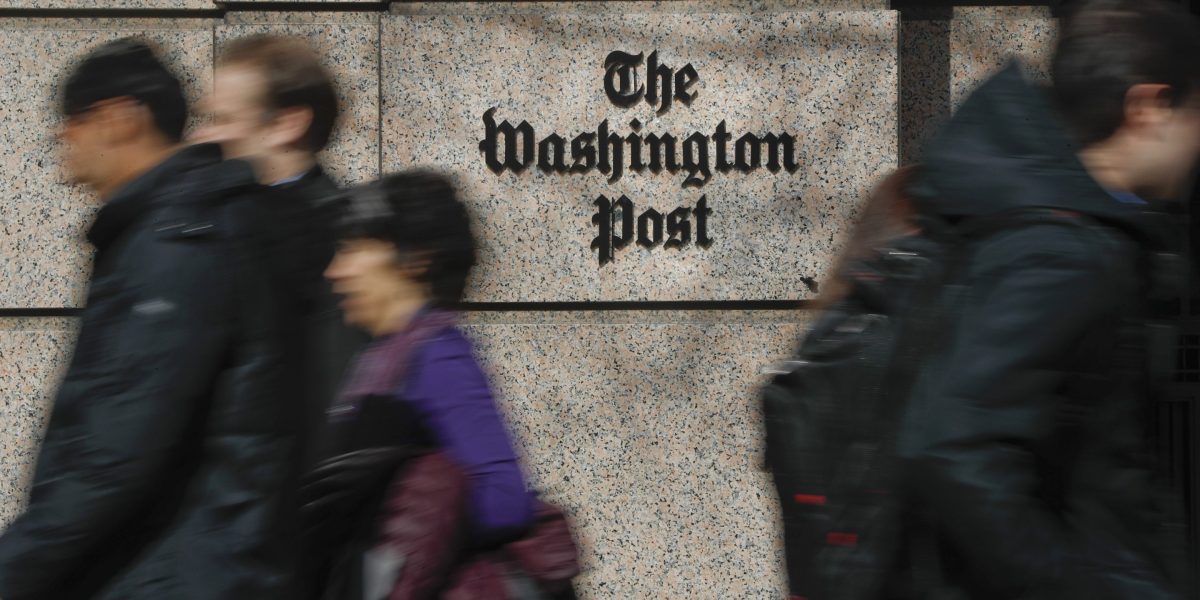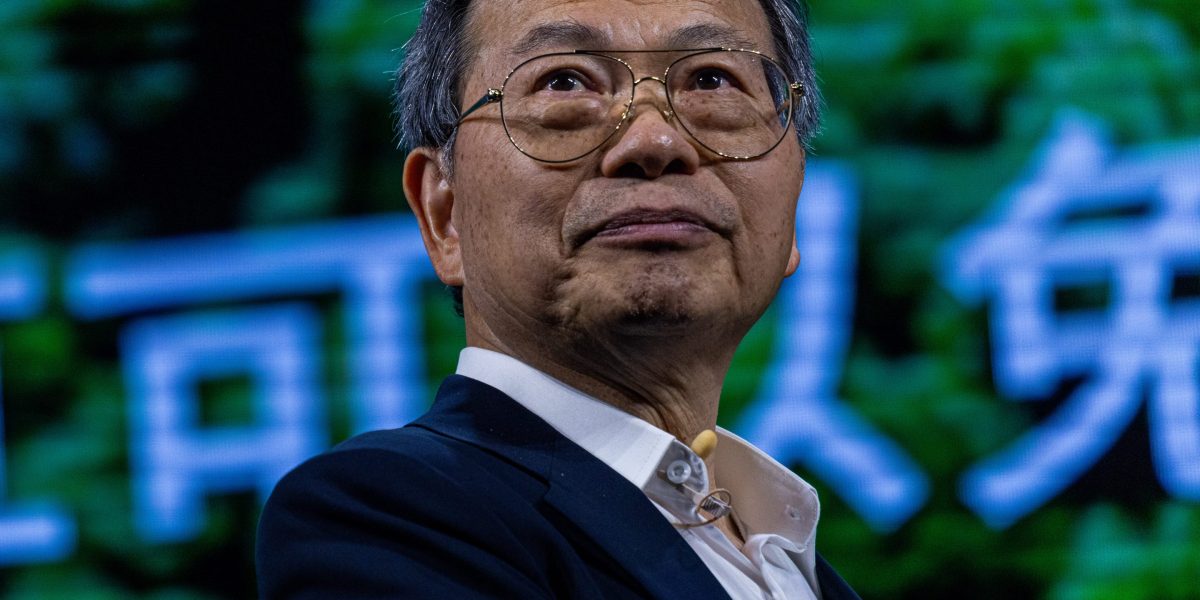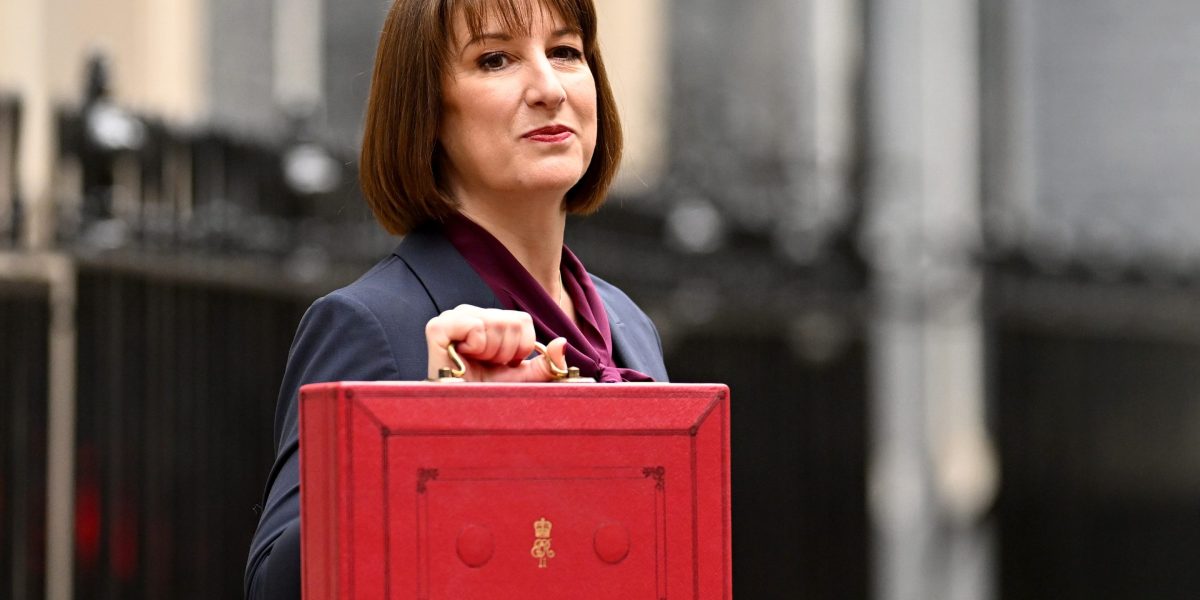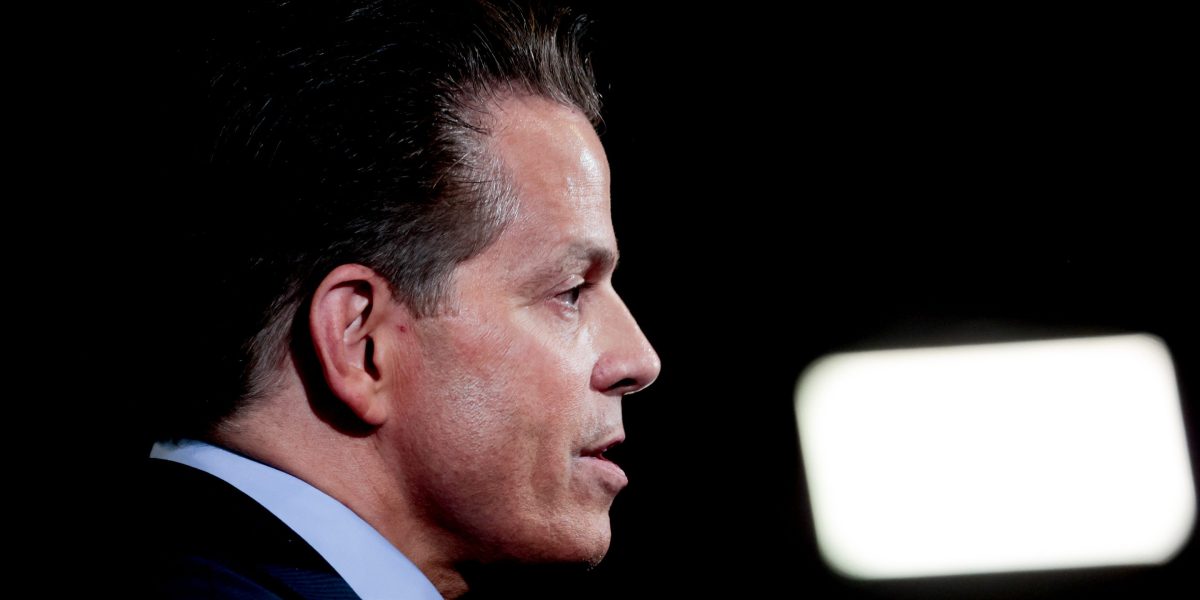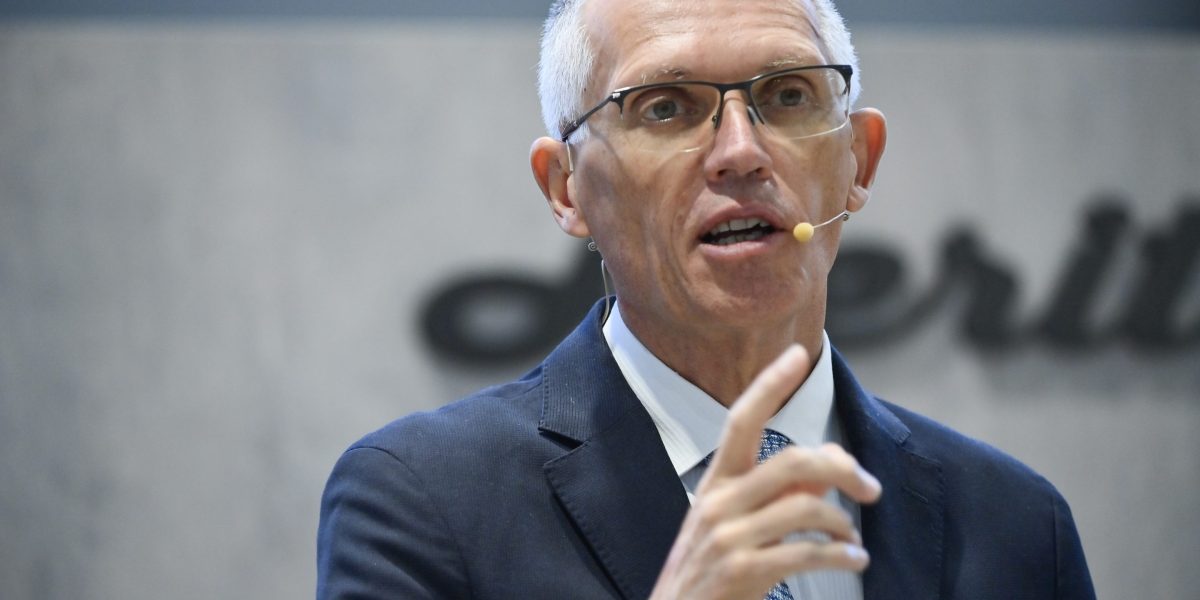A U.S. bankruptcy judge approved a sale of Tupperware Brands on Tuesday, paving the way for the iconic food-shortage company to soon exit Chapter 11 protection and continue offering its products while undergoing a hoped-for revitalization.
The sale given the court’s green light in Delaware still is subject to closing conditions. Under terms of the deal, a group of lenders is buying Tupperware’s brand name and various operating assets for $23.5 million in cash and more than $63 million in debt relief.
Tupperware agreed to the lender takeover last week, pivoting from a previously planned asset auction. The brand said it expects to operate as The New Tupperware Co. upon completion of the deal.
Going forward, customers in “global core markets” will be able to purchase Tupperware products online and through the brand’s decades-old network of independent sales consultants, but the new company is set to be “rebuilt with a start-up mentality,” Tupperware said.
The specifics of how that will look are unclear. Tupperware did not immediately respond to The Associated Press’ requests for further comment Tuesday.
Tupperware once revolutionized food storage, with the brand’s roots dating back to a post-World War II mission of helping families save money on food waste with an airtight lid seal. The plastic kitchenware saw explosive growth in the mid-20th century, notably with the rise of direct sales through “Tupperware parties.”
First held in 1948, the parties were promoted as a way for women in particular to earn supplemental income by selling the containers to friends and neighbors. The system worked so well that Tupperware eventually removed its products from stores.
In the following decades, the Tupperware line expanded to include canisters, beakers, cake dishes and all manner of implements, and became a staple in kitchens across America and eventually abroad. But the brand struggled to keep up in more recent years.
An outdated business model and rising competition contributed to some of the company’s challenges. When filing for bankruptcy last month, Florida-based Tupperware noted that consumers were shifting away from direct sales, which made up the vast majority of the brand’s sales, and increasingly favoring glass containers over plastic.
While sales improved some during the height of the COVID-19 pandemic, when consumers cooked and ate at home more, Tupperware saw an overall steady decline over the years. Rubbermaid, OXO and even recycled takeout food containers snagged customers — as well as home storage lines at major retailers like Target, Walmart and Amazon.
Financial troubles piled up in the meantime. In September’s bankruptcy petition, Tupperware reported more than $1.2 billion in debts and $679.5 million in assets.
“This is a situation that was in urgent need of a vast global resolution,” Spencer Winters, an attorney representing Tupperware, said during a U.S. Bankruptcy Court hearing Tuesday. Winters called the sale agreement a “great outcome” that he said preserves Tupperware’s business, customer relationships and jobs.
The sale agreements calls for Tupperware to become a privately held company under supportive ownership of the purchasing lender group, which includes hedge fund managers Stonehill Capital Management and Alden Global Capital.
Last week, Tupperware said the new company’s “initial focus” would be in the U.S., Canada, Mexico, Brazil, China, South Korea, India and Malaysia, followed by European and additional Asian markets.
Other closing conditions that must be met before the transaction is completed include an issue with a Swiss entity that still needs to be resolved, according to statements made in court Tuesday.
Join business’s brightest minds and boldest leaders at the Fortune Global Forum, convening November 11 and 12 in New York City. Thought-provoking sessions and off-the-record discussions feature Fortune 500 CEOs, former Cabinet members and global Ambassadors, and 7x world champion Tom Brady–among many others.
See the full agenda here, or request your invitation.
